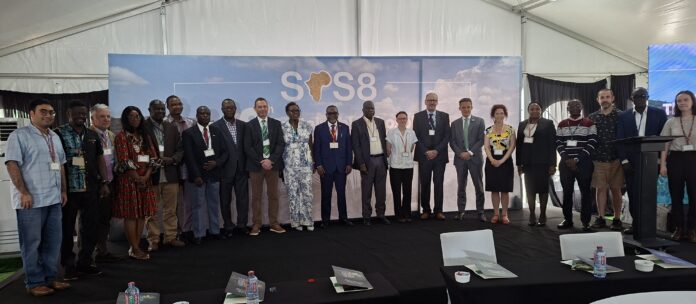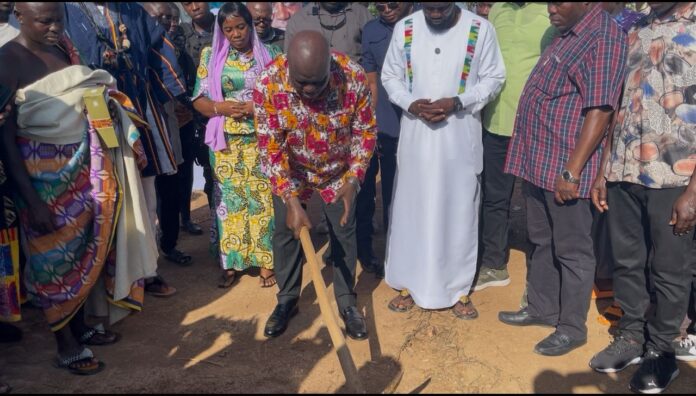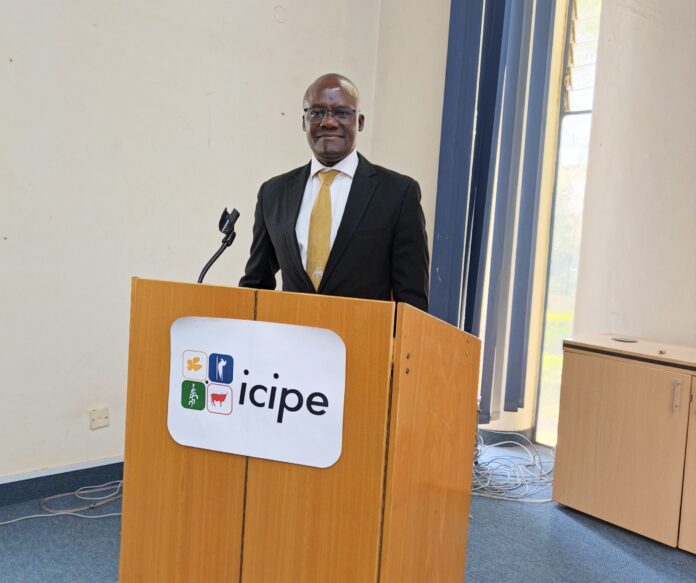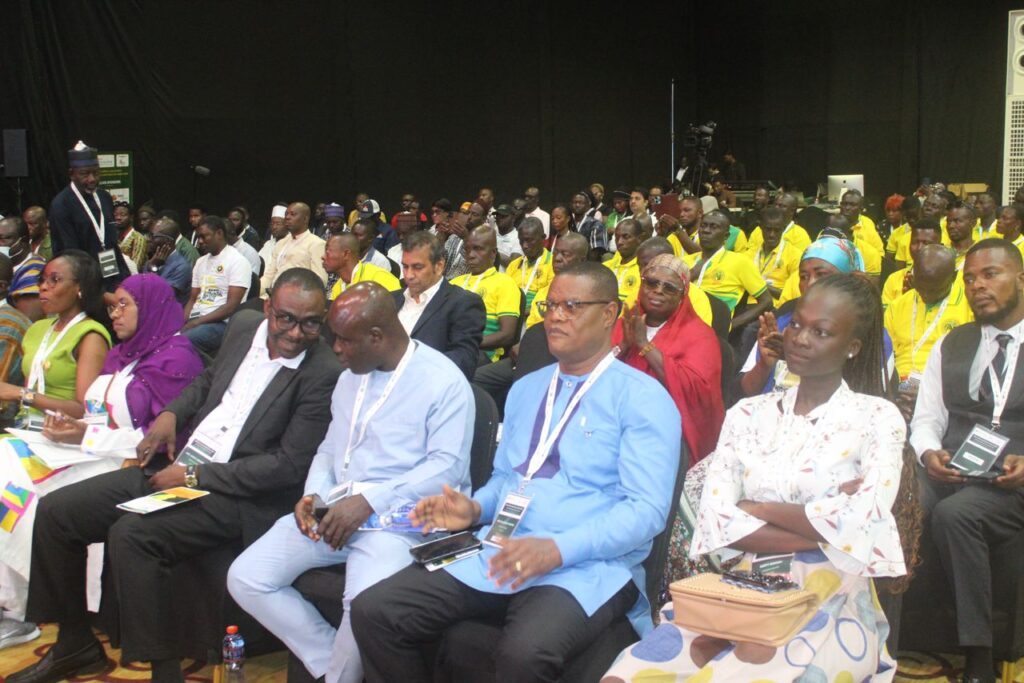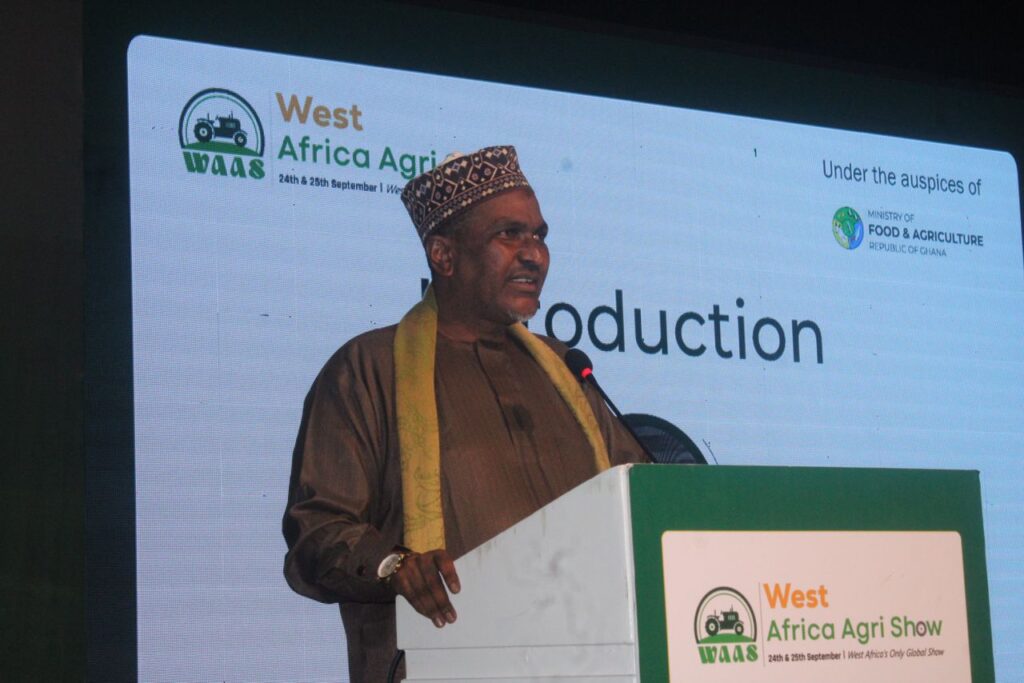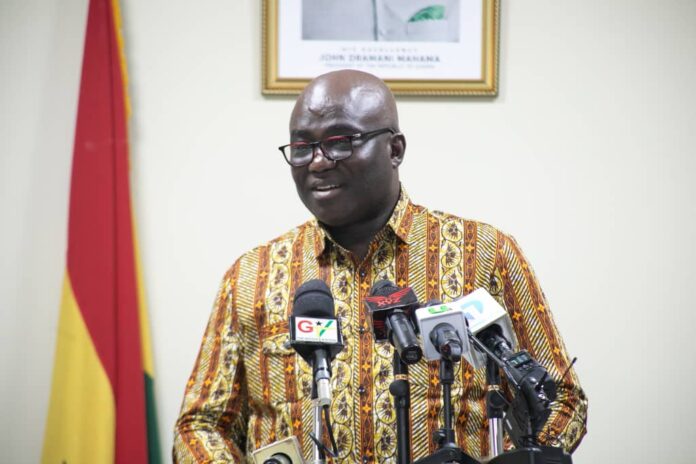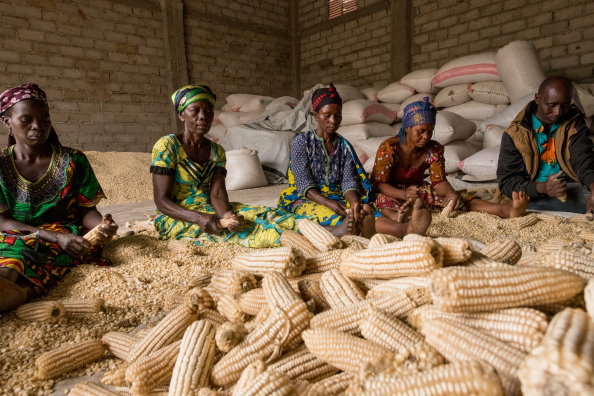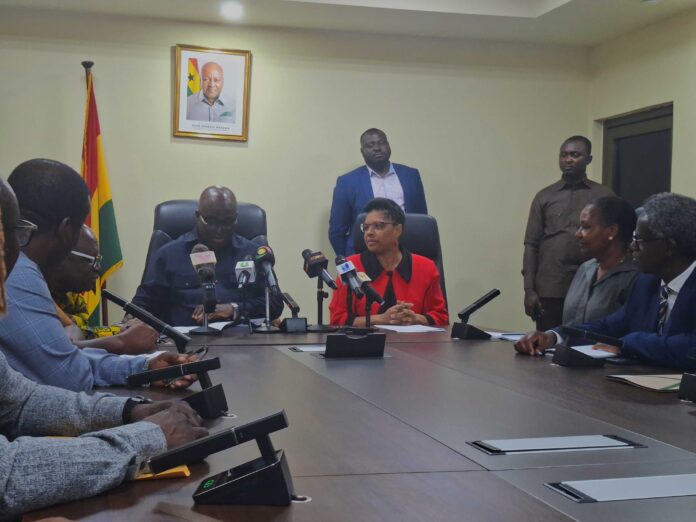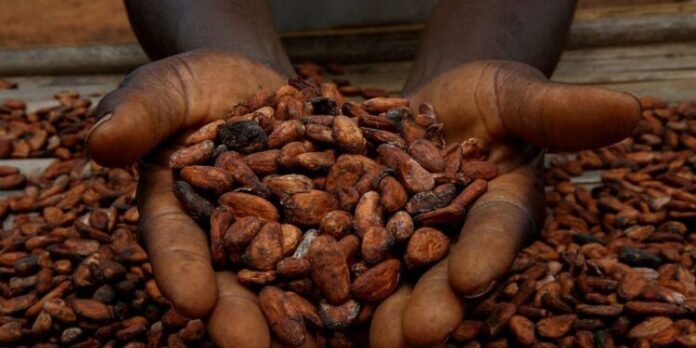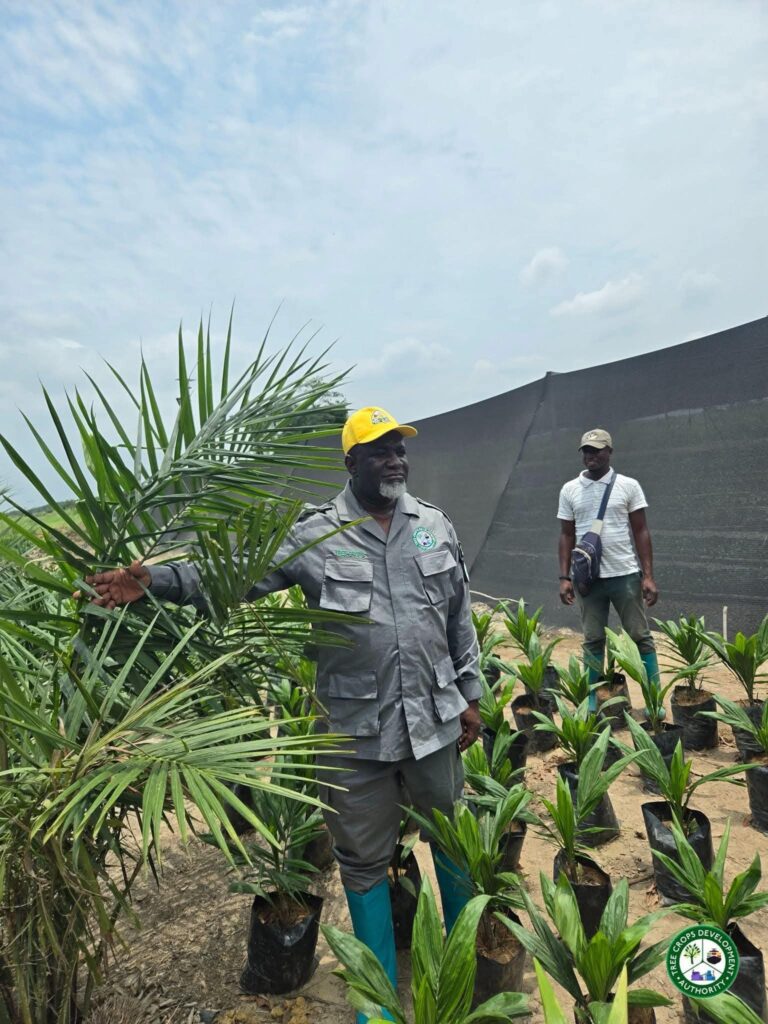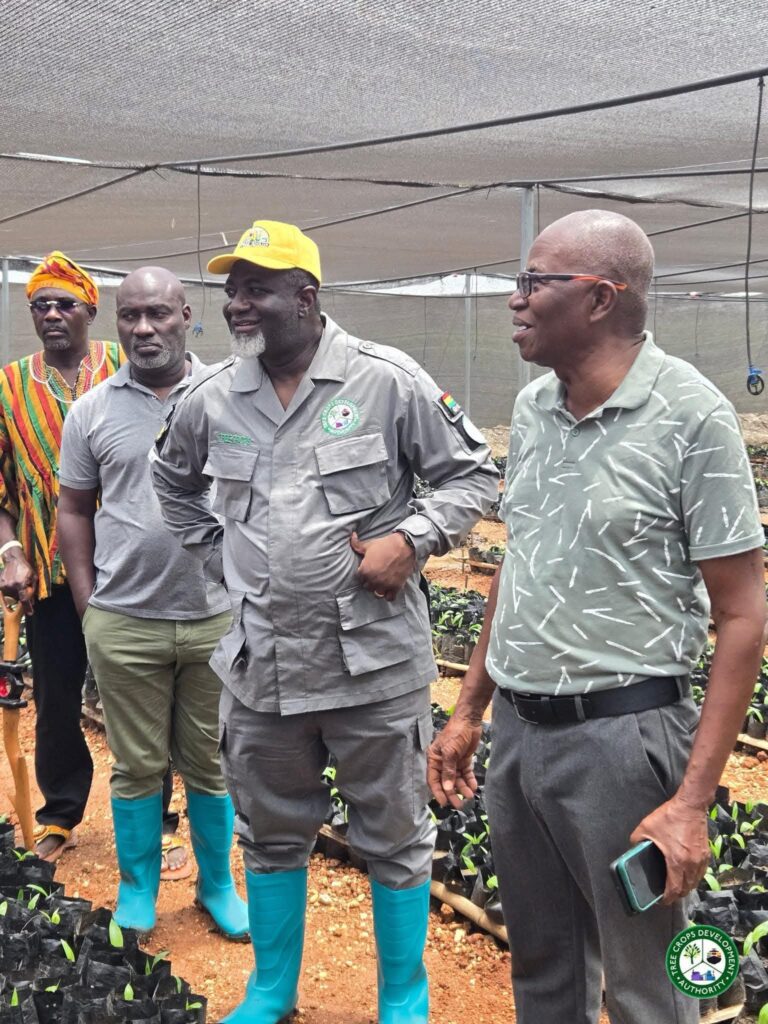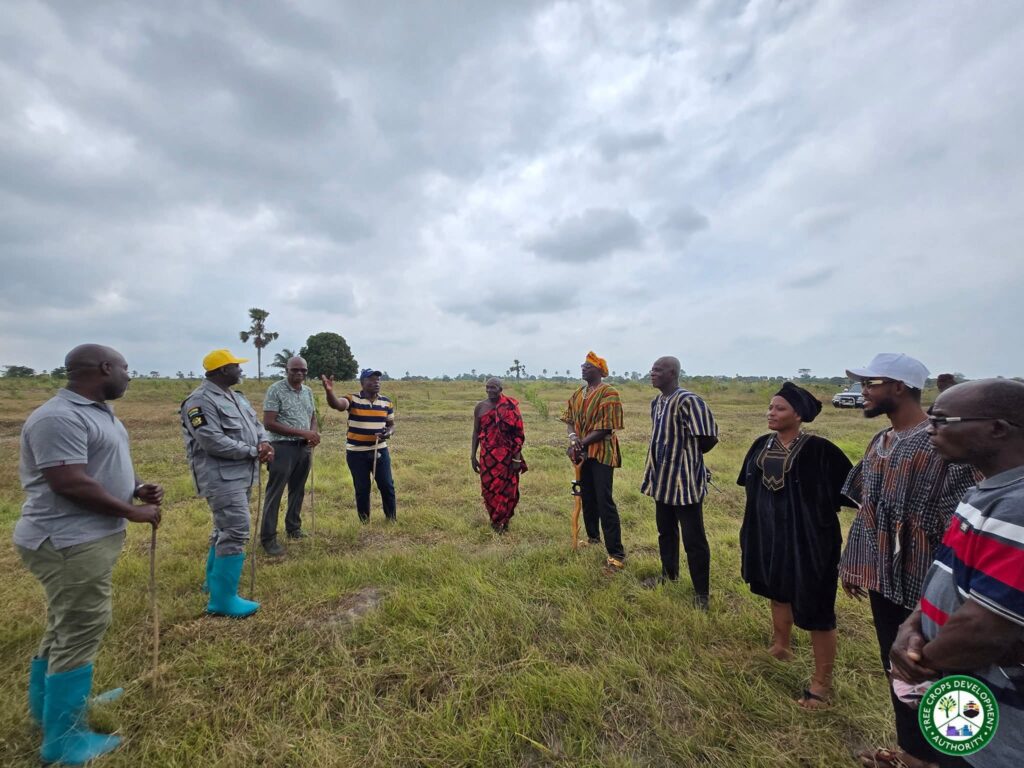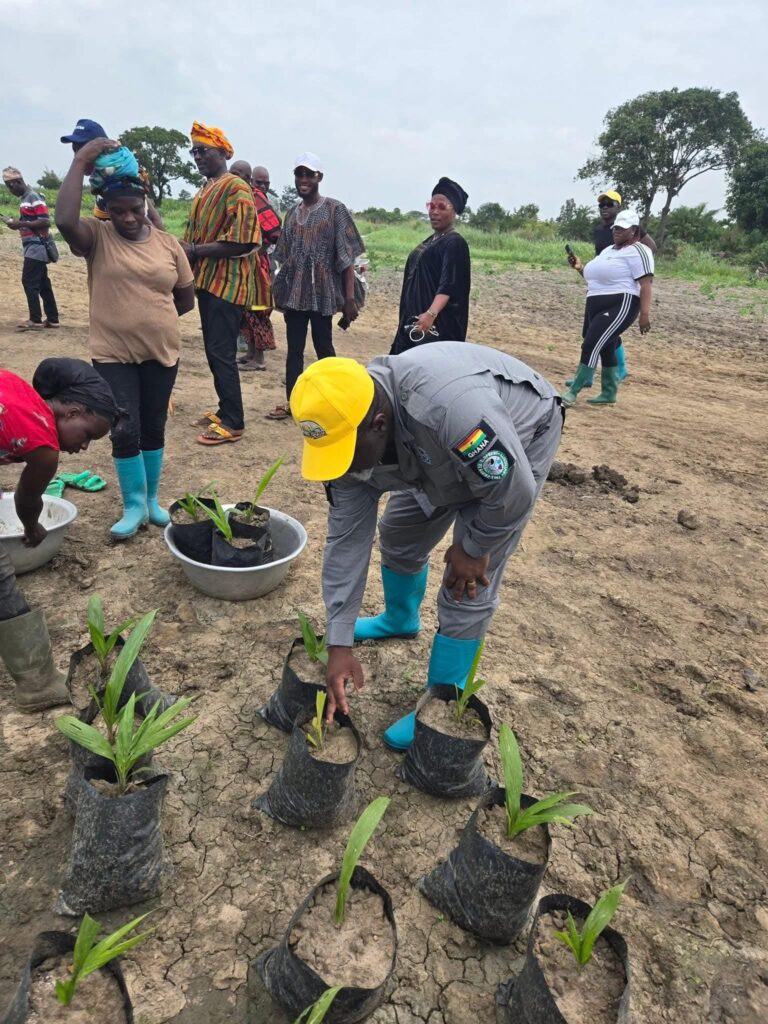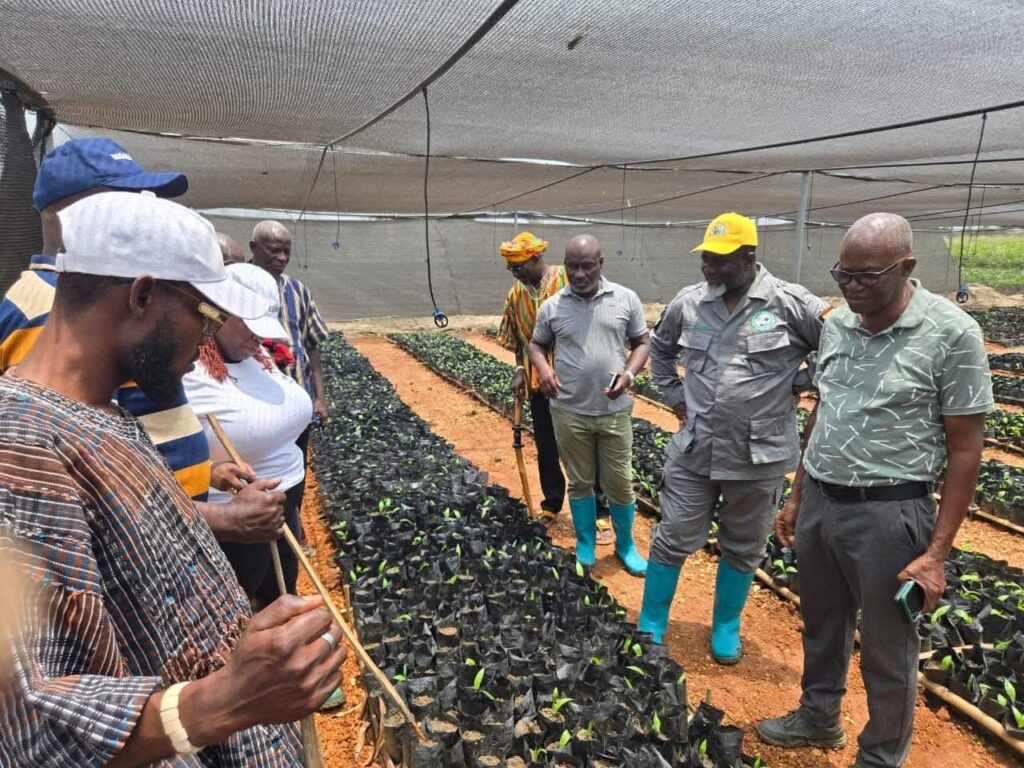The Professor of soil and water science at Lancaster University, UK, Prof. Phil Haygarth has mentioned that phosphorus is key that drives the world’s food security, feeds the world.
He said this during the 8th edition of the Sustainable Phosphorus Summit (SPS8) held in Accra, Ghana.
Speaking to Agric Today, Prof. Haygarth said there are a lot of problems in all the continents, but his understanding of the African continent is about optimising soil phosphate use efficiency.
It is about been efficient with the phosphate use and be able to get phosphorus for the farmers to help with crop production.
According to him, the soils of the parts of sub-Sahara Africa are really phosphate deficient, so there is an opportunity to raise an awareness, mobilised phosphorus to get into the soil to enhance production improve livelihood ultimately.
“The use of phosphorus is a complex process in agriculture. Soils have an optimum level of phosphorus and that depends on the chemistry and the geology of the catchment in which you’re working and in this part of Africa, which we’ve just learnt, soils tend to be phosphorus depleted, so there’s not enough phosphorus in the soils to grow the food,” Professor Brian Spears, UK Center for Ecology and Hydrology in
Edinburgh, Scotland explains.
However, he said experiences from other areas of the world tell that if too much phosphorus is put on the soil, the soil loses it. The soil will become saturated; the phosphorus will run off into aquatic ecosystems. So, the challenge for all agriculture not just in Africa, but for all agriculture is to understand the soils and how much fertilizer its needed to add so that there won’t be loss.
“In a country like Ghana, which is reliant on phosphorus imports for fertilizers, it builds resilience in the food system and gives the community some security long term from some volatile fertilizer market price shocks,” he narrowed it to Ghana.
He urged farmers to prioritise soil texting since pollution can empirically be observed but not necessarily soil condition.
“We must test for the soil and that gives the evidence base for the farmers and for the agricultural experts to set that optimum level.
So, it’s critical, soil testing and I know it’s an initiative that’s growing across Africa from our colleagues that are working in agricultural sciences”, he concluded.
To elucidate the Phosphorus (P) action plan for Africa, Prof. Kwame Agyei Frimpong said over the years Africans, who are working in phosphorus ecosystem have been working in silos, however, SPS8 offers as a common platform to converged and work together to advance sustainable phosphorus use to drive food security in Africa.
“We need to have a well-thought through strategy that is very inclusive and takes to account all the important aspect of phosphorus management”, Prof. added.
A roadmap would be developed and benchmark the framework against time; the short term, the medium term and the long-term considering finance issues, policy issues and market development issues.

